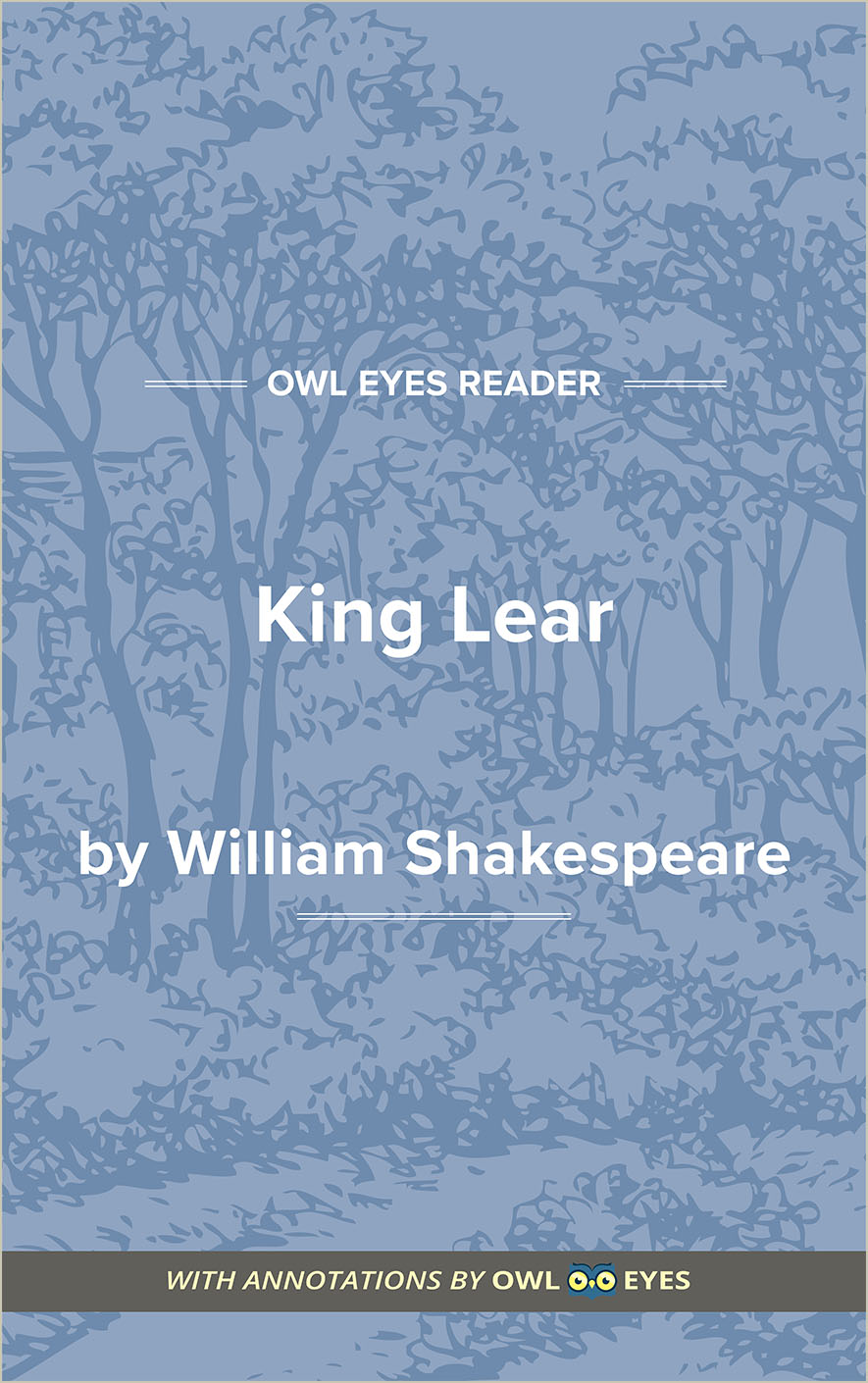Analysis Pages
Allusion in King Lear
An allusion is a figure of speech in which the author refers to a person, place, thing, or a literary work. Characters in King Lear repeatedly allude to Greek and Roman mythology, asking gods and goddesses to restore order to a kingdom in chaos. These allusions often help to further characterize the motives and intent of different characters.
Allusion Examples in King Lear:
Act I - Scene I
🔒"Now, by Apollo, king, Thou swear'st thy gods in vain...." See in text (Act I - Scene I)
Act II - Scene II
🔒"Ajax..." See in text (Act II - Scene II)
Act II - Scene IV
🔒"Juno..." See in text (Act II - Scene IV)
Act IV - Scene II
🔒" worth the whistle...." See in text (Act IV - Scene II)
Act IV - Scene VI
🔒"deficient sight Topple down headlong...." See in text (Act IV - Scene VI)

